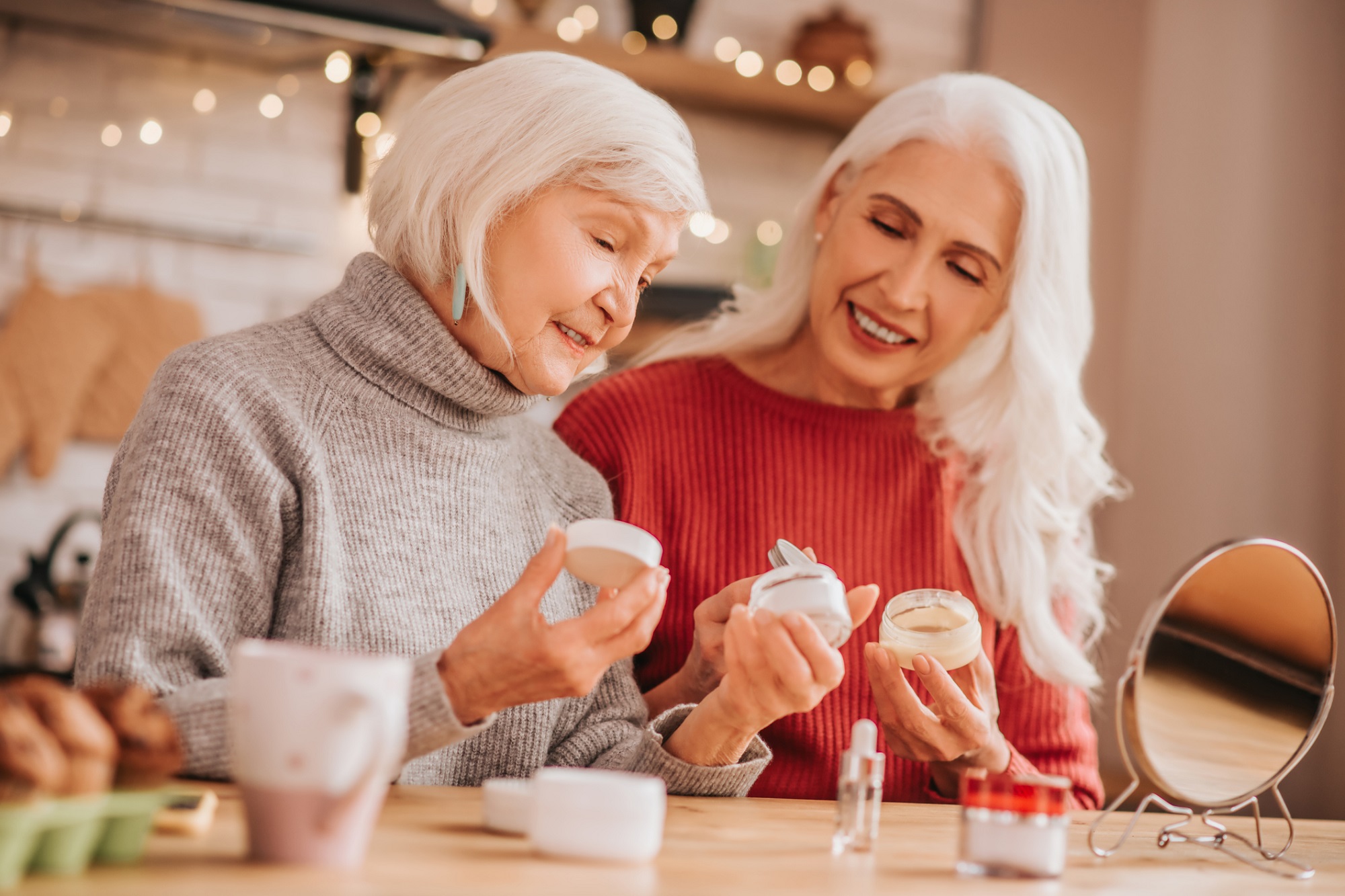A new study from Sooth, a curated search engine for research materials, reveals that Baby Boomers are quietly becoming key players in beauty and sustainability trends. Traditionally overshadowed by younger generations like Millennials and Gen Z, Boomers are making significant strides in areas such as organic product choices and recycling behaviors.
For example, the Sooth study revealed that Boomers are 2.2 times more likely than Gen Z to choose a beauty brand because it’s organic. They are also three times more likely to recycle, indicating that their sustainability efforts exceed product selection.
To learn more about the key takeaways from the study and how cosmetics and personal care product manufacturers and suppliers can use the study’s results to understand the Boomer beauty consumer demographic better, we spoke to Ian Baer, Founder of Sooth for his insights.
Loyalty to personalized customer service
In addition to focusing on sustainability, Baby Boomers value personalized customer service far more than younger generations. The Sooth study found that Boomers are 32% more likely to choose brands that provide excellent, customized service, prioritizing high-quality interactions over other factors like price or convenience.
According to Baer, “Baby Boomers are among the most health-and-beauty-conscious consumers in America, taking a careful and informed approach while significantly outspending younger consumers in most areas of the category.” He added, “Caring as much about cosmetic product choices as they do health and nutrition, they show twice as much interest in organic products compared to younger consumers.”
Boomers’ digital engagement and spending habits
The study also highlights that Boomers are deeply engaged in the digital economy, challenging assumptions that younger consumers are more tech-savvy. The study confirmed that boomers are six times more likely than Gen Z to seek out information about beauty products online, making them a prime target for digital marketing campaigns.
“In the US, among consumers who spend the most on beauty products, those over age 60 are 44% more likely to prioritize this category compared to those under 40,” said Baer. “These ‘beauty boomers’ spend nearly four times the national average on cosmetics, skin, hair, and oral care products.”
Price-conscious but focused on quality
Despite their substantial spending, Boomers are also cautious with their money. Baer noted, “They are about three times more price-conscious than younger consumers.” This combination of high spending and price sensitivity presents an opportunity for brands to offer value-driven, high-quality products that resonate with Boomers’ preferences.
Baer also noted that Boomers are 36% more likely to seek beauty advice from health and wellness websites rather than traditional beauty or lifestyle publishers, underscoring their interest in holistic beauty solutions.
Opportunities for beauty manufacturers and suppliers
The insights from this study provide valuable opportunities for manufacturers and suppliers in the beauty industry to cater to Baby Boomers’ specific needs and preferences. For example, since Boomers are drawn to organic products and sustainability efforts, beauty brands can prioritize offering eco-friendly formulations and sustainable packaging solutions. This aligns with Boomer’s values and contributes to a brand’s overall appeal in the market.
Additionally, with Boomers favoring personalized customer service, cosmetics, and personal care product manufacturers can explore ways to integrate customization into product offerings. For example, creating tailored skin care regimens or providing customer service that feels more personal and responsive can win favor with this consumer demographic.
Since Boomers are also highly engaged in the digital space, particularly in researching beauty products, brands can consider developing targeted online content and advertising campaigns. Emphasizing educational resources about ingredients and product benefits could attract their attention.
According to the Sooth study results, despite their high spending, Boomers also remain price-conscious. Therefore, offering premium, high-quality cosmetics and personal care products that focus on efficacy and longevity, while maintaining an accessible price point, can help retain brand loyalty.
By recognizing and responding to these emerging trends utilizing data-backed research, like the determinations in the recent Sooth study, beauty industry manufacturers and suppliers can better position themselves to meet the needs of this influential consumer group and unlock growth opportunities in the Baby Boomer market.

